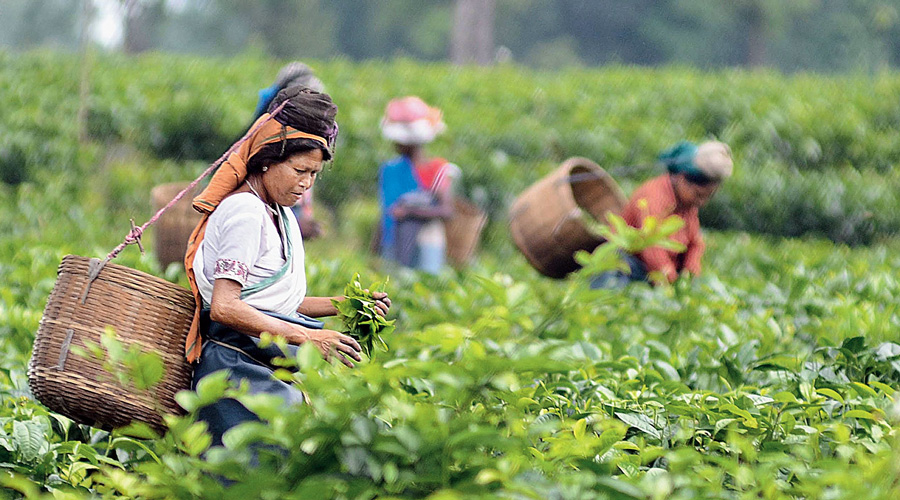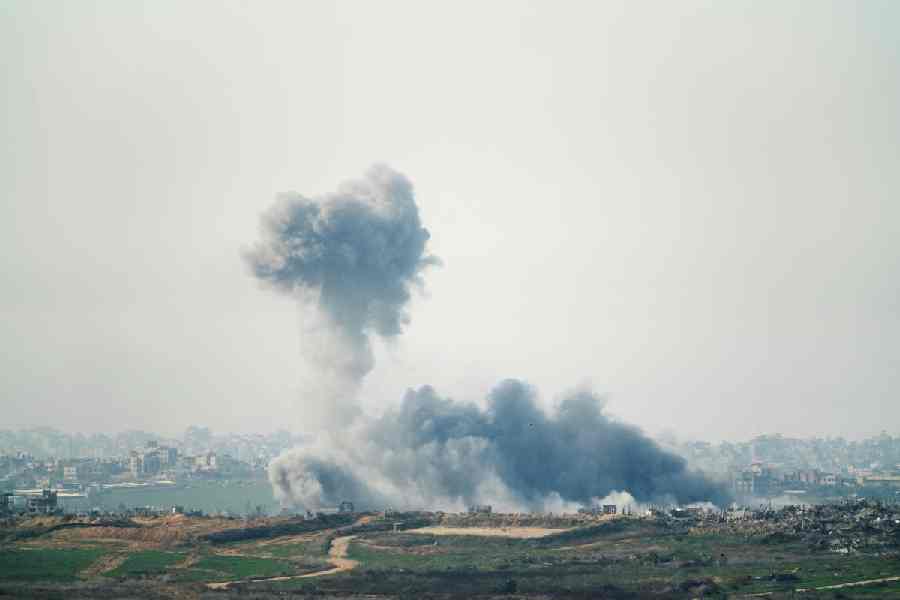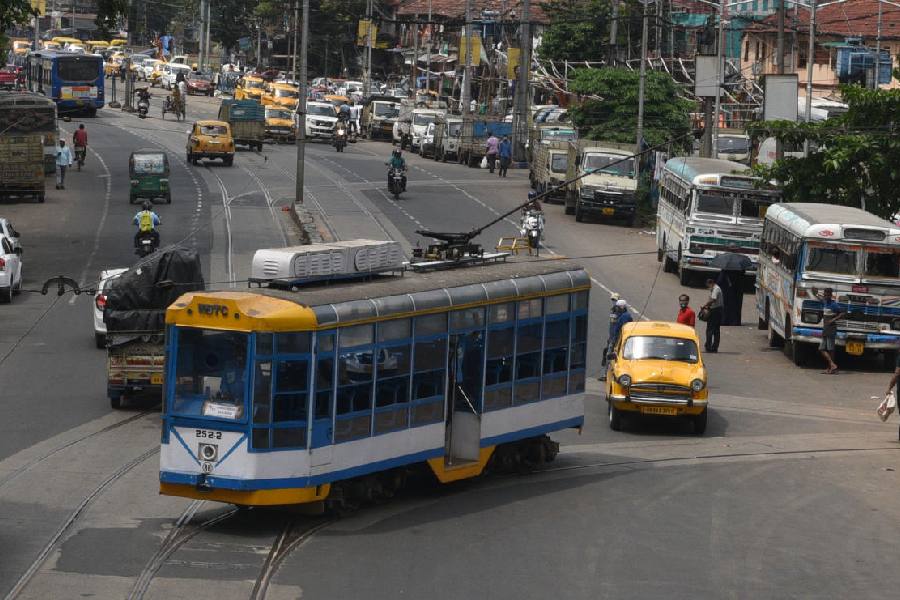Political parties, particularly Trinamul and the BJP, are putting every effort to win support from stakeholders of the tea and tourism industries in the run-up to the Assembly elections in north Bengal — set to start from phase 4 on April 10.
Tea has been the main employer for decades in north Bengal, a region with 54 Assembly seats. Even today, around four lakh people are directly associated with the sector in five of eight districts of north Bengal.
However, the impetus on tourism spiked particularly after Mamata Banerjee came to power in 2011, and over the decade this industry emerged as the largest employer with around five lakh people associated with this sector directly and indirectly.
During past 10 years, the Trinamul government has managed to increase the daily tea wage from Rs 67 to Rs 202. The state government has also extended social welfare schemes to the tea population, developed roads, opened the first Hindi college of the state in the Dooars tea belt and facilitated the reopening of a number of closed tea gardens. For the first time last year, it also took up the initiative to provide free houses to tea workers under a state-sponsored scheme.
“Lakhs of tea garden workers have gained from these initiatives. The BJP leaders and the central ministers, on the other hand, have only made hollow promises. We are confident that the tea population is with us,” said Mannalal Jain, a leader of Cha Bagan Trinamul Mazdoor Union.
The saffron camp, on the other hand, has also come up with announcements, keeping in mind the Assembly elections of Assam and Bengal, the two major tea producing states of the country.
This year, Union finance minister Nirmala Sitharaman proposed to provide a corpus of Rs 1,000 crore for the welfare of tea workers, particularly women and children. In its Bengal poll manifesto, BJP said that if voted to power in the state, it would ensure tea workers get a daily wage of Rs 350.
“We have said that the new (central) labour codes can help tea workers get higher wages and other benefits, too,” said Manoj Tigga, the BJP MP of Alipurduar.
In the tourism sector, Trinamul is believed to enjoy an edge over the BJP.
Arguably north Bengal’s tallest leader from Trinamul, state tourism minister Gautam Deb — who is hoping to retain his Dabgram-Fulbari seat for the third time, pointed out the major developments in the tourism sector in the region under Mamata’s rule that include “Bhorer Alo,” the mega tourism hub, the Bengal Safari Park, the new tourist destination, Lamahatta, and new accommodations in the hills and Dooars.
“During the past decade, thousands have found earning options in the tourism sector, and not just in north Bengal (but the entire state). The concept of homestay accommodations has developed and people even in remote rural areas are earning from home,” said Deb.
In recent months, the BJP is also giving importance to the tourism sector.
Earlier this year, the BJP-ruled Centre held cultural events in Cooch Behar and Darjeeling to promote local culture and tourism, its first such initiative in the region. “We have tourism in focus and plan to introduce new tourist circuits, along with development of infrastructure. Those have been elaborately mentioned in our poll manifesto,” said Shankar Ghosh, the BJP candidate from Siliguri.
“Both the rival political camps have come up with announcements and sops related to these sectors, which makes the 2021 elections more interesting in north Bengal,” said Soumen Nag, a social researcher in Siliguri.










